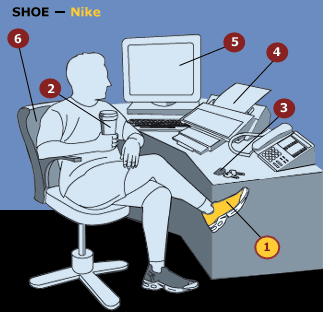Context
In 1996, activists demonstrated against Nike’s foreign labor policies at the opening of a new Nike store in San Francisco. One critic had earlier put it this way: a typical Chinese garment worker would need to work nine hours a day, six days a week for 1,500 years to earn Nike CEO Phil Knight’s 1994 salary ($1.5 million). Similarly, Christian Aid, a labor advocacy group, found that in 1995 Nike workers in China, the Philippines and Thailand earned an average of just $1.44 per pair for shoes that typically sold for $80 in the United States.
Policies
After an initial period of denial, Nike has instituted several policy changes intended to avoid exploitive labor conditions in the factories of its more than 700 suppliers. According to the company’s 2001 Corporate Responsibility Report, Nike now employs a 30-person labor-compliance staff and submits to external audits by the Fair Labor Association (FLA). Among other things, these monitors ensure that Nike workers in 50 countries receive a legal minimum wage. In its report, Nike also pledges that it will gauge the fairness of legal wages against local living costs, and order adjustments where the legal wage is insufficient.
- Previous: Introduction
- Next: 2. Coffee Cup – Starbuck...



